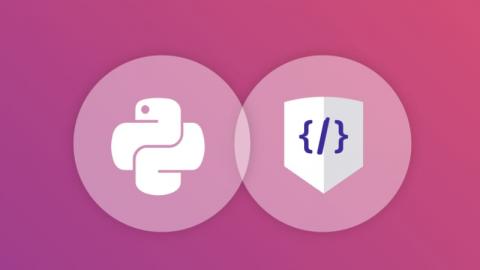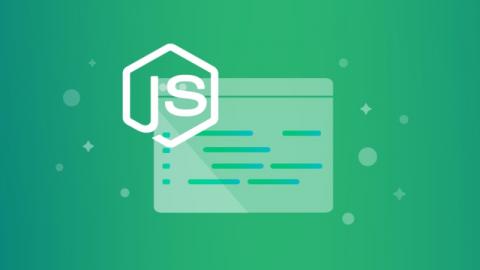Python now fully supported in Snyk Code
Earlier this year, we announced the beta support for Python in Snyk Code. This beta period gave us the chance to let customers have access to our extensive collection of Python rules while we finished our knowledge base review and added curated content. We are happy to announce that this work has concluded, and Python is now a fully supported language. 🐍 🎉










